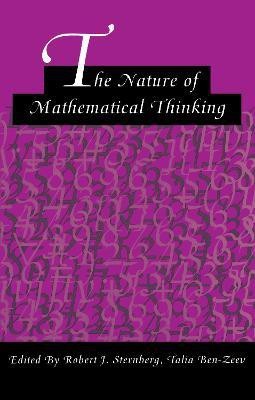The Nature of Mathematical Thinking(English, Hardcover, unknown)
Quick Overview
Product Price Comparison
Why do some children seem to learn mathematics easily and others slave away at it, learning it only with great effort and apparent pain? Why are some people good at algebra but terrible at geometry? How can people who successfully run a business as adults have been failures at math in school? How come some professional mathematicians suffer terribly when trying to balance a checkbook? And why do school children in the United States perform so dismally in international comparisons? These are the kinds of real questions the editors set out to answer, or at least address, in editing this book on mathematical thinking. Their goal was to seek a diversity of contributors representing multiple viewpoints whose expertise might converge on the answers to these and other pressing and interesting questions regarding this subject. The chapter authors were asked to focus on their own approach to mathematical thinking, but also to address a common core of issues such as the nature of mathematical thinking, how it is similar to and different from other kinds of thinking, what makes some people or some groups better than others in this subject area, and how mathematical thinking can be assessed and taught. Their work is directed to a diverse audience -- psychologists interested in the nature of mathematical thinking and abilities, computer scientists who want to simulate mathematical thinking, educators involved in teaching and testing mathematical thinking, philosophers who need to understand the qualitative aspects of logical thinking, anthropologists and others interested in how and why mathematical thinking seems to differ in quality across cultures, and laypeople and others who have to think mathematically and want to understand how they are going to accomplish that feat.


